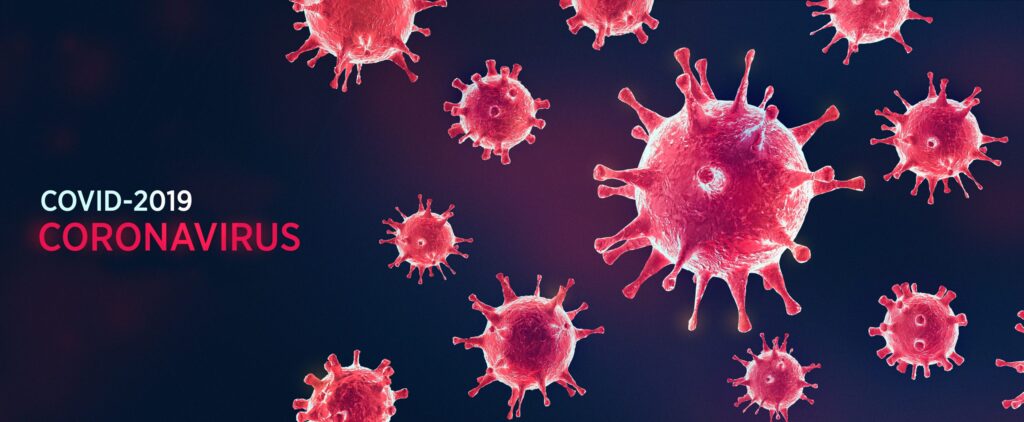
Next time you feel hungry, think about how long it has been since you last ate. Do you need to eat for nutrition, or do you mainly want to satisfy a craving? Could going longer between meals or even skipping a meal every once in a while, known as intermittent fasting, actually provide health benefits?
Energy production in the body requires calories from food, and many people consume more calories than they need to be healthy, which often results in negative consequences like obesity, inflammation, diabetes, or cancer. Processing excess food and carrying around extra weight can be a large burden on the body and its biological systems.
When we eat, digestion extracts the useful parts of food to make proteins, energy, cellular membranes, and organelles inside our bodies’ cells. As our cells develop and serve their purposes in life, byproducts and cellular ‘junk’ accumulate and cause cellular damage, which accelerates aging and can lead to disease.
Autophagy – the Cellular Cleanup System
Human cells have a system for cleaning up cellular debris: a process called autophagy, which literally means ‘self-eating’, that is critical for healthy cellular function. Inside each cell are organelles – tiny organ-like structures – called autophagosomes that gather up unnecessary or defective cellular debris and deliver it to other organelles called lysosomes for breakdown and recycling.
One way to save energy and keep our cells feeling ‘young’ is to give them regular, extended breaks from processing new sources of energy and cellular building blocks, allowing time for the body to respond by triggering a boost in autophagy and shift into cleanup mode.
Intermittent Fasting
Fasting means not eating food or taking in any calories for a period of time, although, many people differ on what technically constitutes a strict fast and how strict it should be for optimal health benefits. Autophagy ramps up significantly after 12 hours or so of fasting, and further increases are seen in longer fasts from 16-24 hours up to multiple days. However, care must always be taken to monitor safety and prevent nutrient deficiencies.
Consult with your doctor to get a baseline picture of your health history, blood markers, nutrient status, eating habits, and any chronic conditions. Fasting should always be done under medical supervision. Hydration and electrolyte balance must be maintained (drink plenty of clean water), and excessive fasting must be avoided. People with diabetes, heart conditions, or metabolism imbalances must take extra care in planning with their physician.
The type of fasting for you depends on your current health and future goals. Do you primarily want to live longer, lose fat, reduce inflammation, or increase energy? The lengths of time between meals, daily calorie count, and which foods to eliminate or minimize are different for each person’s physiology and reasons for fasting. After completing any fast, it is vitally important to replenish your body with fresh, clean, nutrient-rich foods.
Caloric Restriction and Longevity
Science has shown that moderate caloric restriction prolongs life in yeast, fruit flies, worms, mice and other species, and studies are beginning to explore how eating fewer calories affects human longevity. One of the most ambitious clinical trials to date is the CALERIE (Comprehensive Assessment of Long-term Effects of Reducing Intake of Energy) study, which found evidence for improved health markers in study participants that reduced calorie intake for two years by 20-30%.
How exactly fasting or calorie restriction might enhance longevity is as complex as biological life, with many factors at play including:
- Reduced oxidative stress due to lower, more efficient energy throughput, resulting in less DNA damage from reactive oxygen species
- Improved stem cell function, thanks in part to greater autophagy and less need to replace damaged cells
- Lower inflammation due in part to reduced consumption of inflammatory compounds
- The protective effects of ketones, which are produced when your body burns fat for energy, which increases in the absence of glucose from carbohydrates
- Increased mitochondrial efficiency and ATP (cellular energy) production
Caution is needed, as studies have not fully explored the effects of calorie restriction or long-term fasting in humans, and each individual’s body will have different reactions to fasting. One way to start with fasting is to avoid snacking between meals, if it is safe for you to do so based on your health status and discussions with your doctor. Resisting the urge to snack is also a great way to build self-control and tolerance to endure the hunger pangs of fasting.
To gain the full benefits of intermittent fasting, try compressing your eating window into a shorter timeframe, during which you eat the same number of calories as you would otherwise spread throughout the day. Benefits can be seen with as little as 12 hours of fasting — say, by ending dinner before 7:30 p.m. and eating breakfast after 7:30 a.m. Most people are asleep for 7-9 hours of their fast, so it’s not as hard as it sounds.
I think it’s overall better and following nature to eat an early dinner, then not eat until breakfast. So that doesn’t mean you are starving or actually missing a meal, it just means you are getting into healthier eating habits. Going to bed on an empty stomach promotes better sleep and easier detoxification for the liver, which is so active in the nighttime and early morning.
If you would like to develop a plan for incorporating intermittent fasting into your lifestyle, please schedule a consultation on your health status and goals. For people with suspected food sensitivities or intolerances, an elimination diet may be the best first step to identifying and removing specific problematic foods. As a functional medicine physician, I want every meal to count for your health and happiness.



